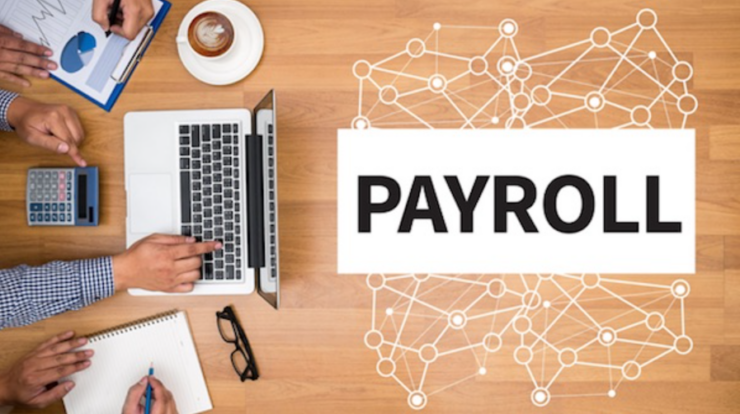
In today’s ever-changing world, employee training has become increasingly vital. As businesses strive to maintain competitiveness, it is crucial to equip their workforce with the skills and knowledge for success. A crucial tool that organizations are increasingly relying on for employee training is a Learning Management System (LMS). What can we expect from these systems in the future? In this post, we will delve into some of the features that are shaping the future of LMS.
Adaptive Learning: Tailoring Training Experiences
Traditionally, employee training has followed a one-size-fits-all approach. However, organizations now recognize that each employee has learning needs and preferences. To cater to these learning styles, LMS platforms like Bridge app, Bites Learning, and others incorporate a learning feature. This technology utilizes data analytics and artificial intelligence to assess an individual’s progress, strengths, and weaknesses. It then customizes the training content accordingly, providing a learning experience. By offering bite modules tailored to an individual’s requirements, adaptive learning fosters engagement and enhances knowledge retention.
Enhanced Learning through Microlearning: Compact Modules for Time-Efficient Training
Employee training has always faced the challenge of time constraints. With employees having responsibilities, it can be difficult to dedicate periods to traditional training programs. This is where microlearning comes into play. Microlearning involves breaking down concepts into bite modules that can be completed within 5 to 10 minutes. These short bursts of information make it easier for employees to fit training into their schedules while still actively participating in their growth.
Making Learning Enjoyable with Gamification
Who says learning has to be boring? Employers are realizing the benefits of incorporating gamification elements into LMS platforms to enhance the learning experience and engage employees effectively. Gamification refers to incorporating game mechanics, such as points, badges, leaderboards, and levels, in gaming contexts. By integrating these elements into training programs, employers can encourage competition, provide feedback, and create a sense of accomplishment that motivates employees to continue their learning journey. Moreover, gamification boosts knowledge retention by leveraging the power of rewards and recognition.
Training on the Move, with Mobile Learning
In this digital era, mobile devices have become a part of our lives. It’s not surprising that LMS platforms are now focused on providing mobile learning experiences. With the ability to learn on devices, employees can access training modules whenever and wherever they want using their smartphones or tablets. This creates opportunities for just-in-time learning, where employees can quickly address any knowledge gaps that come up in their day-to-day work. Mobile learning improves accessibility. It also utilizes microlearning by allowing employees to complete short training modules while commuting or during their free time.
Social Connection and Collaboration: Boosting Engagement
Humans are natural social beings. We thrive in environments that encourage connection and collaboration. Recognizing this, LMS platforms are now placing emphasis on features to enhance engagement among learners. Within the LMS forums, chat functions and discussion boards enable employees to connect with their peers for questions, support brainstorming sessions, and collaborate on group projects remotely. Social interaction promotes participation in the learning process while fostering a sense of community within the organization. Moreover, these collaborative features facilitate knowledge sharing among team members. Provide an opportunity for them to learn from each other’s experiences.
Conclusion
The future of employee training lies in harnessing these features found in Learning Management Systems (LMS). Adaptive learning ensures training experiences, while microlearning capitalizes on attention spans. Gamification enhances training experiences by incorporating game elements such as badges and leaderboards. This fosters a sense of competition among learners, motivating them to acquire knowledge.
Mobile learning enables employees to access training materials anywhere using their smartphones or tablets. It seamlessly integrates learning into their routines making it convenient and accessible. Furthermore, integrating features within the Learning Management System (LMS) helps create communities that promote collaboration and knowledge sharing among learners.
As employers strive to equip their workforce with the skills for success, embracing these features offered by LMS platforms becomes crucial. By doing so, businesses can ensure that employee training becomes more engaging, effective, and efficient. This sets a foundation for growth and prosperity in the future.



